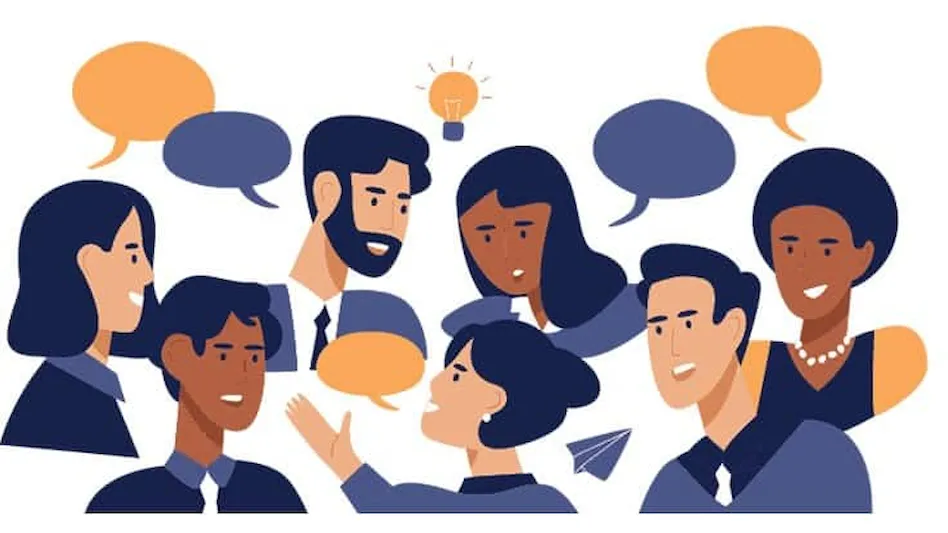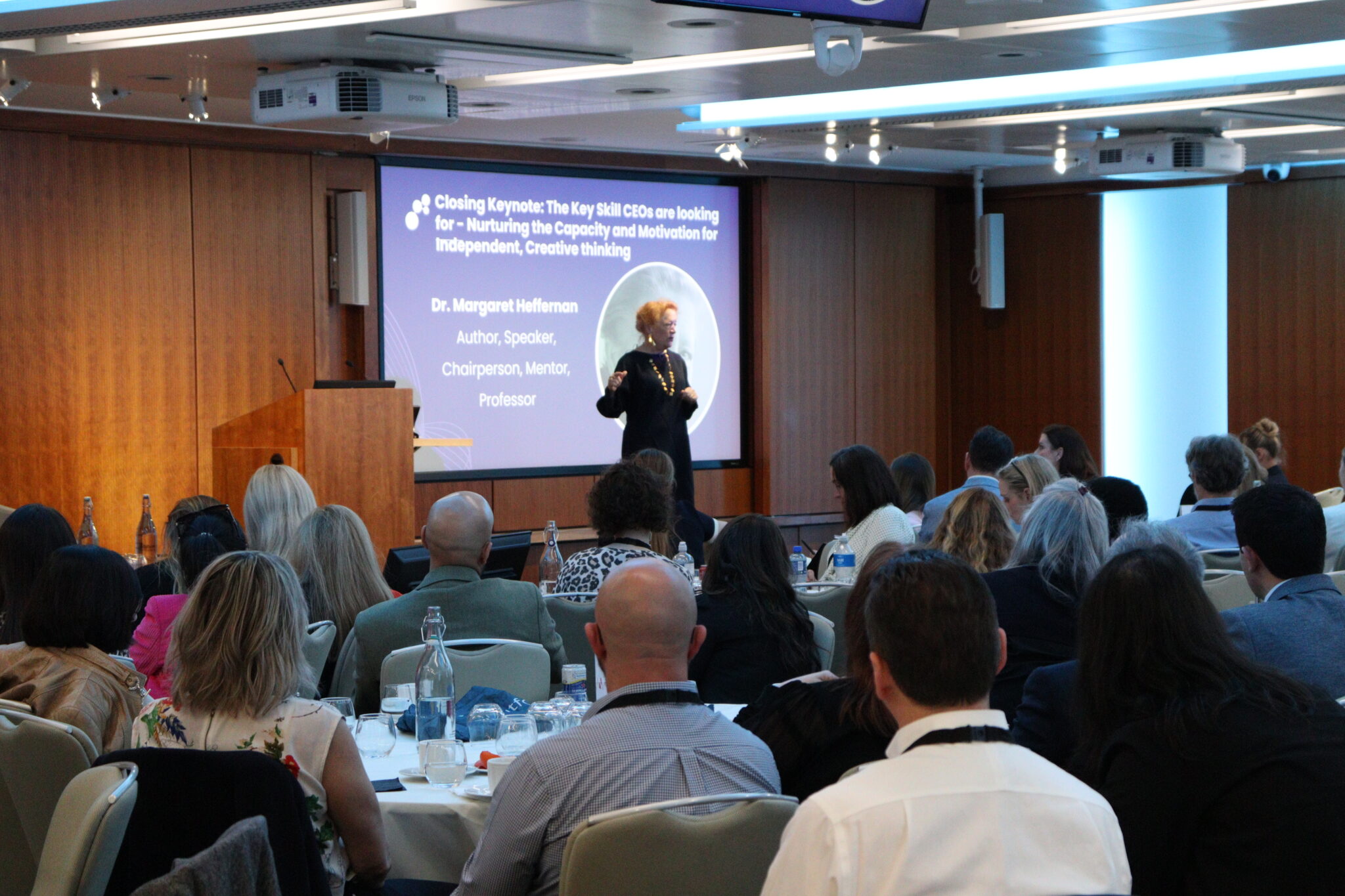The latest Workmonitor Pulse survey shines a light on the ongoing challenges faced by LGBTQI+ workers in the workplace. Despite significant progress to foster more inclusive workplaces over recent decades, 41% of LGBTQI+ workers say they have faced discrimination or prejudice at work – pushing 29% to quit roles.
The insights from Randstad, the world’s leading talent company, are sourced from more than 2,000 LGBTQI+ employees around the world. Workers are demanding that their employers step up both publicly and privately to take a stand on LGBTQI+ issues, but change needs to be legitimate – not tokenistic.
The survey reveals that 33% believe their sexuality or gender identity has affected their career, remuneration or progression (35%) – indicating a lack of inclusion and acceptance at work is having a negative impact on LGBTQI+ workers’ career potential.
Over a third (36%) report they are less motivated or productive at work as they cannot be themselves at work, while 36% choose to work remotely because the office doesn’t feel like an inclusive space.
Businesses are also losing out on key talent, as worries over discrimination in the workplace have compelled 29% to quit or pursue alternate career paths (32%)- this shows a direct link between non-inclusive workplaces and talent retention.
While the research shows that discrimination at work is a reality, over the last five years improvements have been made with 41% LGBTQI+ workers saying they face less discrimination compared to 2019, and 51% saying their employer has taken meaningful action to create an equitable workplace.
Workers’ expectations have also increased in recent years, raising the bar for the desired level of inclusivity at work. Three in five (58%) workers believe the overall responsibility for fostering an inclusive environment lies with their employer and 48% say they value allyship.
Younger generations are trail-blazing the way in calling on their employers to make further changes
How does this affect the younger generations?
Younger generations, particularly Gen Z, are leading the call for employers to implement further changes. Gen Z is more concerned about discrimination affecting their careers than Baby Boomers (45% vs. 29%).
Over half (57%) of LGBTQI+ workers believe businesses should take a stance on LGBTQI+ issues and make positive changes. However, any action must be constant and permanent. The latest research indicates that while 41% of LGBTQI+ workers said their employer actively engages with Pride Month, however, 39% consider their employer’s contribution to be ‘tokenistic.’
In light of these findings, Randstad suggests employers create an inclusive environment by empowering employee-driven groups. Ensure all initiatives reflect employees’ real experiences. This leads to informed, targeted business actions that support and enhance workplace inclusivity.
– Instil a culture of respect and empathy: recognise and respect the diverse range of experiences LGBTQI+ workers, rather than perceiving them as “others” or defining them solely by their gender or sexual orientation.
– Authentic allyship, throughout the year: while Pride Month offers an important opportunity for businesses to reflect on their LGBTQI+ inclusivity efforts, this awareness must extend beyond just one month.
Sander van ‘t Noordende, CEO, Randstad said: “As a member of the LGBTQI+ community, I’ve seen throughout my career the positive strides companies have taken to create more inclusive and equitable workplaces, but the journey is not over. A concerning proportion of LGBTQI+ workers are still facing discrimination and experience consequences on their career progression due to just being themselves. Business leaders have a responsibility to continue to make improvements. They need to take actions that lead to meaningful change and increase the feeling of belonging in the workplace. It’s not just the right thing to do, it also makes good business sense.”










